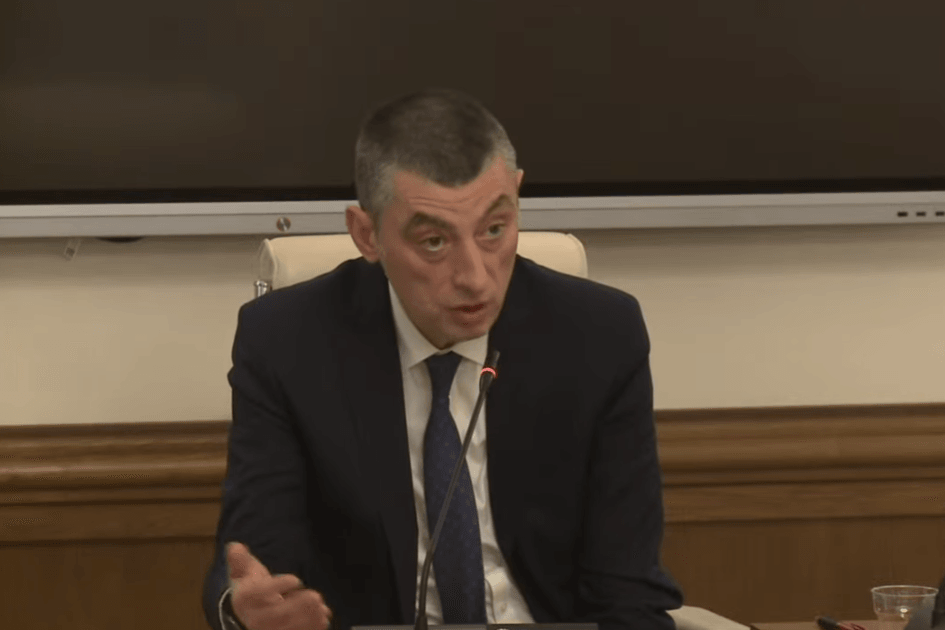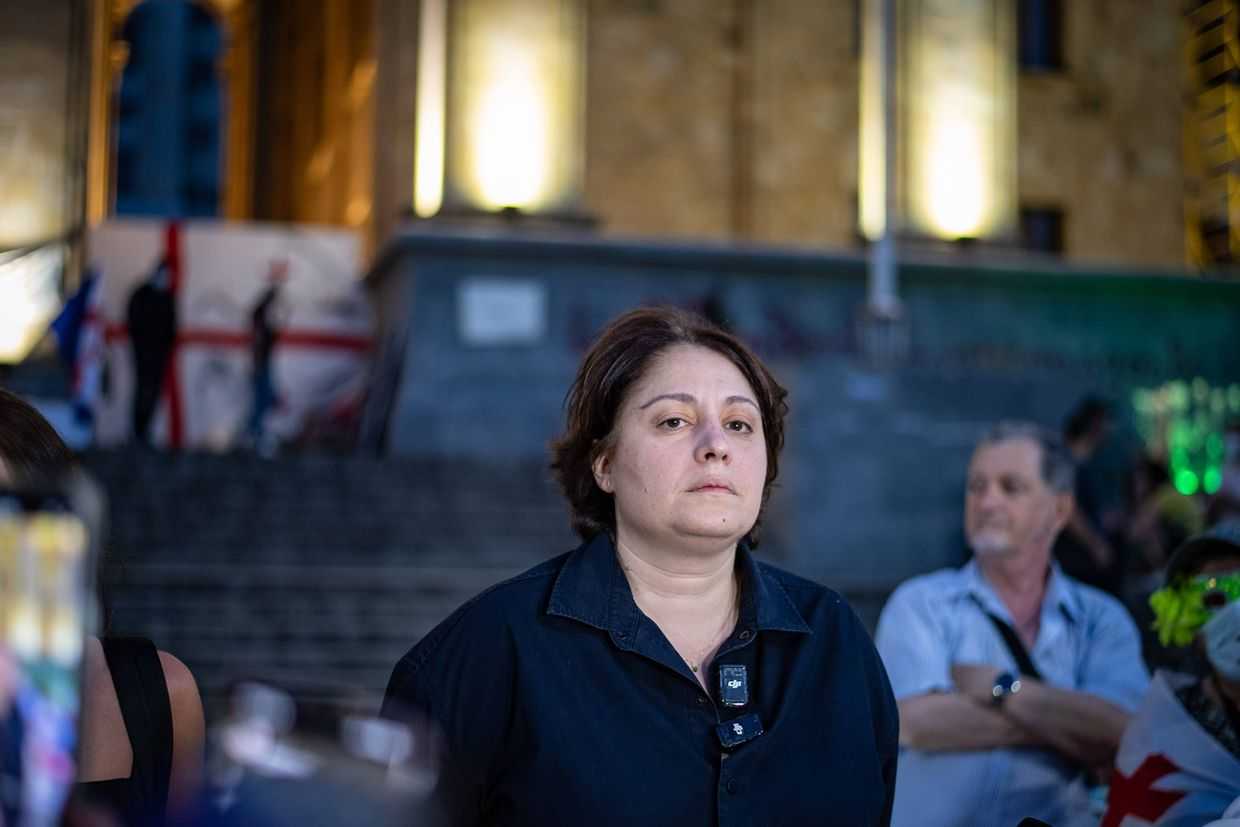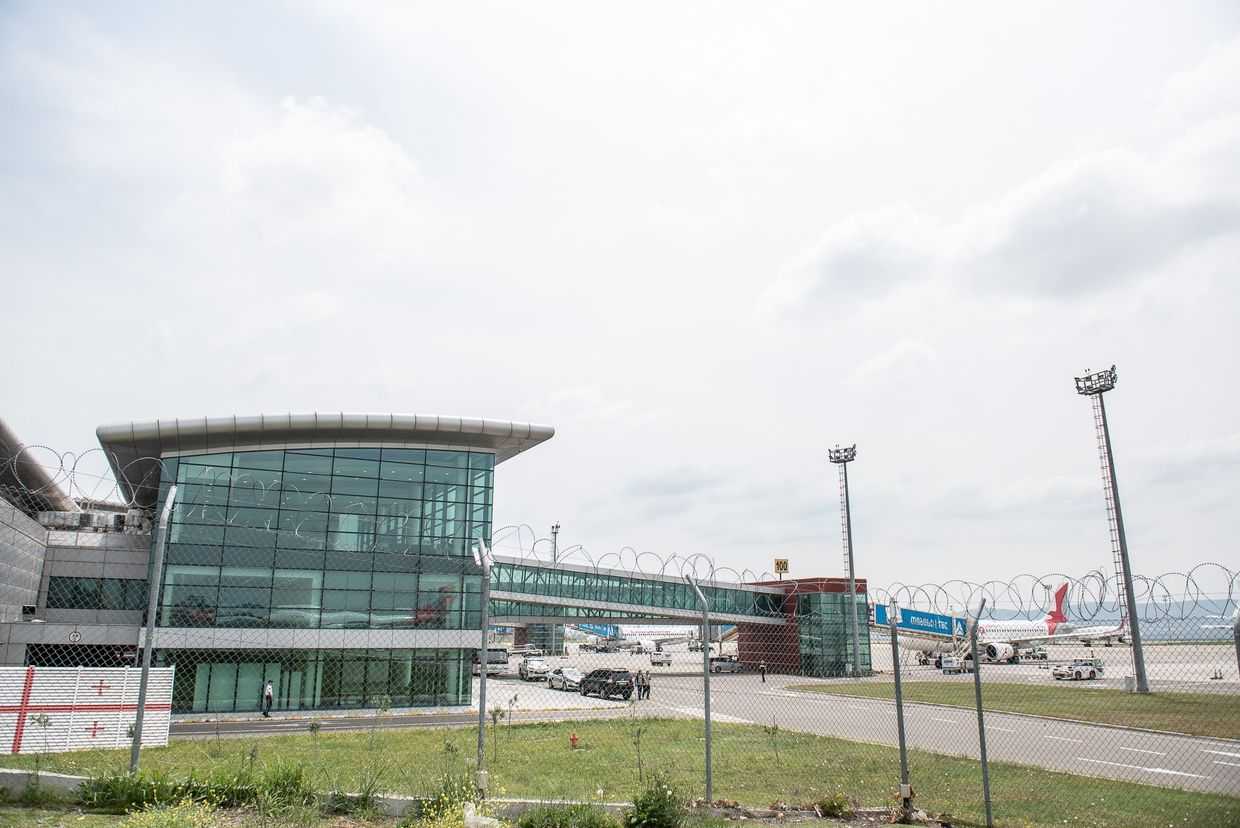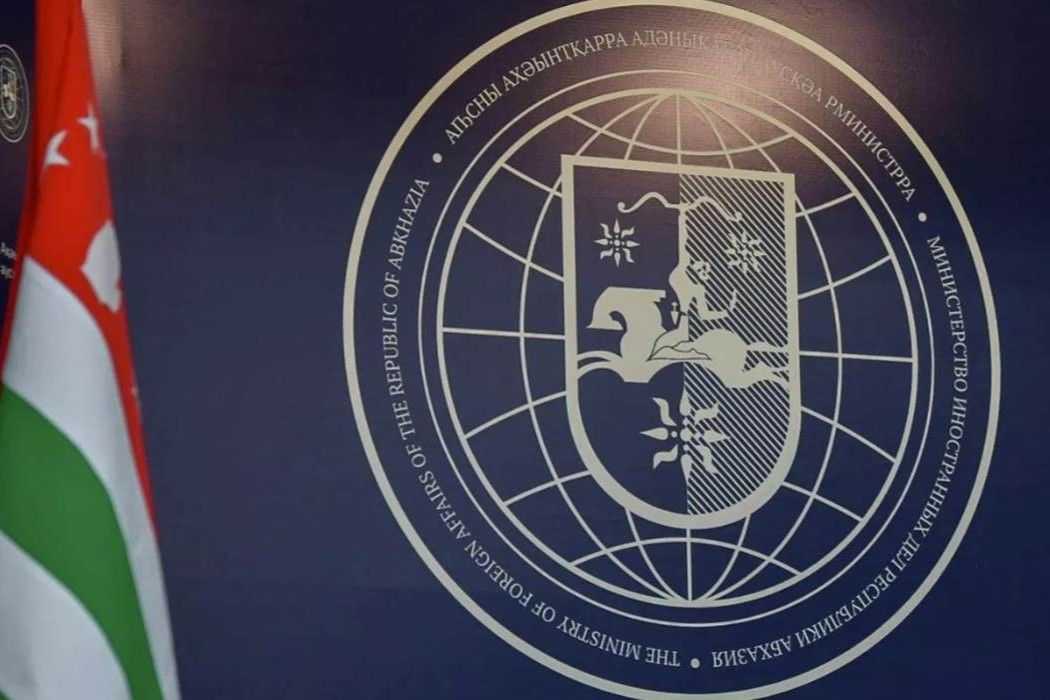Gakharia appears before anti-UNM commission, grilled by ex-colleagues over his once-praised tenure

Giorgi Gakharia, former Prime Minister and now a leader of the opposition For Georgia party, has appeared before a controversial Georgian Dream-led parliamentary commission targeting the leading opposition parties. Ruling MPs grilled him for six hours about his years in leadership — performance they once praised and supported. His attendance at the commission, boycotted by most of the opposition, drew criticism, though he defended his participation.
Gakharia served as Interior Minister from 2017 to 2019 and as Prime Minister from 2019 to 2021.
During the lengthy questioning, he spoke about one of the most controversial episodes of his leadership, including the 20 June 2019 protest crackdown, popularly known as Gavrilov’s Night, and his resignation in 2021, which he attributed to interference in his work by Georgian Dream founder Bidzina Ivanishvili.
‘Thank you for coming. It seems you have acknowledged the parliament and each of us in our parliamentary mandates’, the commission chair, prominent Georgian Dream MP Tea Tsulukiani, said. Gakharia’s party, like the rest of the opposition, considered the post-2024-election parliament illegitimate and boycotted its sessions.
Gakharia said he initially did not plan to attend the commission, but changed his mind after observing how Georgian Dream was using it for ‘informational and psychological pressure on Georgian citizens’.
‘Showing up doesn’t mean I recognise this commission […] but I do recognise that, unfortunately, its hybrid power is affecting Georgian citizens’, he added.
The commission, created by Georgian Dream in February, was officially tasked with investigating the former ruling United National Movement (UNM) party’s time in power from (2003-2012). Its creation followed repeated pledges by the ruling party to punish the UNM for its ‘anti-state’ and ‘criminal’ activities.
However, the commission later expanded its mandate to cover the post-2012 period, targeting the entire opposition — including Gakharia’s party, which, along with other major parties, has been labelled by Georgian Dream as ‘UNM satellites’ or the ‘collective UNM’.
Georgian Dream threatened to use the commission’s findings to petition the Constitutional Court for a ban on all those parties.
Ivanishvili’s influence
Gakharia stepped down from the post of Prime Minister in February 2021, citing disagreements within the ruling party over whether to arrest then-leader of the UNM Nika Melia, who had barricaded himself inside the party office with supporters following a court order. He warned that the arrest of Melia in that situation was a dangerous political escalation and was ‘unacceptable’.
During the commission hearing, Gakharia said his resignation and move to the opposition were triggered by Ivanishvili. According to him, Tsulukiani and other Georgian Dream members initially shared his concerns about the risks of arresting Melia, but later changed their stance after being swayed by Ivanishvili, who had formally withdrawn from politics at the time.
‘I stepped down because neither you, nor the people of Georgia, needed a prime minister whose ministers were being directed by a man who, just a month earlier, had said he was leaving politics for good and would never return’, Gakharia said, indicating Ivanishvili.
Throughout the session, like in the past years, ruling party members repeatedly suggested that Gakharia had betrayed and abandoned his team. Tsulukiani even asked whether it was ‘some foreigner, diplomat’ who had convinced him not to arrest Melia.
Gakharia, however, pointed to the influence of Ivanishvili again and again.
‘You were afraid of Bidzina [Ivanishvili], who called you and said: “Be quiet, toughen up, and do what needs to be done”. That’s what scared you — nothing else. That’s why I resigned’, he told his former teammates.
On Monday evening, the opposition TV channel Formula published screenshots it claimed showed a 2021 group chat between members of Georgian Dream’s political council dated 17 February — the day before Gakharia’s resignation. In the messages, then-Prime Minister Gakharia explained why he was opposing the arrest of Melia at that particular time, by storming the UNM office.
According to the screenshots, his position was unanimously supported by his teammates at the time.
‘Totally agree’, ‘Absolutely!’, ‘100% true’ read the messages in the chat, while Tsulukiani wrote, ‘We’d have to be fools to storm in. That’s exactly what they want’, referring to the UNM office.
Shortly after Gakharia’s resignation, police stormed the UNM office and arrested Melia anyway. He was later released on bail after international mediation.

2019 protest crackdown
During the commission hearing, ruling party members repeatedly questioned Gakharia over the 20 June 2019 protest crackdown, which took place while he served as Interior Minister.
The spontaneous protests, dubbed Gavrilov’s Night, came in response to the Georgian Government’s invitation to Russian Communist Party MP Sergei Gavrilov to address the Georgian Parliament from the speaker’s seat as part of the Inter-Parliamentary Assembly of Orthodoxy. After some protesters attempted to enter parliament, police began dispersing them.
More than 200 people were injured and at least two individuals suffered traumatic and permanent eye injuries as police indiscriminately opened fire on the crowd with rubber bullets, sparking sustained protests demanding Gakharia’s resignation.
While ruling party members had once staunchly defended the police actions that night — even promoting Gakharia to Prime Minister shortly after — their rhetoric shifted dramatically after he left the Georgian Dream leadership and founded an opposition party.
Explaining why they promoted him to Prime Minister if they disapproved of his tenure at the Interior Ministry, the ruling party once again alleged foreign interference, claiming Gakharia had powerful patrons.
‘Mr. Giorgi, don’t act as if we were the ones who gouged out someone’s eyes’, Tsulukiani told Gakharia — once his ally and deputy during his post-20 June premiership.
Gakharia told the commission that he had only authorised the use of water cannons and tear gas — not rubber bullets. He said neither he nor his deputies had ordered their use, and that once he learned rubber bullets were being fired, he instructed those responsible to stop it as much as possible — but the shooting continued nonetheless.
However, in response to further questions from commission members, Gakharia added that officers could also decide to use rubber bullets on their own, for ‘self-defence’.
‘Not a single police officer broke the law’, he claimed.

As he has for years, Gakharia again said he fully accepts political responsibility for the events of 20 June.
Gakharia said that while he once viewed Georgian Dream’s decision to invite Gavrilov and let him sit in the parliamentary speaker’s chair as a ‘stupid mistake’, he now suspects the involvement of the ‘invisible man’ — a reference to Ivanishvili — in those events.
He also urged the commission to summon others to understand the ‘wider context’ of what happened — including Ivanishvili, then-Parliament Speaker and current Prime Minister Irakli Kobakhidze, the Prosecutor General, and the head of the State Security Service who is responsible for risk mitigation.
In 2024, the European Court of Human Rights ordered Georgia to pay €153,600($174 000) in damages to victims of the 20 June crackdown. The court ruled that the government had failed to conduct an effective investigation of the events.
Reactions of the opposition
Gakharia’s appearance before the commission sparked widespread public interest as well as criticism from parts of society and fellow opposition politicians.
His party members applauded it, with one of them, Zaza Tavadze, claiming Gakharia ‘defeated’ Tsulukiani’s commission ‘on its own turf’.
‘This was a bold and responsible move by a single politician who brought Bidzina Ivanishvili directly into the game’, Tavadze said.
However, others in the opposition disagreed.
Several opposition figures suggested that Gakharia’s appearance violated an agreement within the ‘Resistance Platform’ initiated by Georgia’s fifth president, Salome Zourabichvili.
According to Zourabichvili’s earlier public statement, none of the platform’s member parties were to take part in the commission’s work.
‘From now on, we’ll think twice before shaking hands with Gakharia and his team on anything’, Tamaz Datunashvili, a member of the opposition Lelo party, said.
The leader of the Federalists, Tamar Chergoleishvili, expressed the same sentiment, stressing that Gakharia’s appearance in parliament was ‘fundamentally’ wrong.
‘Gakharia damaged his own image when he violated the agreement reached within the President’s platform’, Coalition for Change member Vano Tsereteli stated, adding that Gakharia also undermined ‘the process of non-recognition and delegitimisation of Ivanishvili’.
Following the disputed 2024 elections, which were marred by major irregularities, the opposition refused to enter parliament, declaring it illegitimate.
A large portion of those political coalitions who overcame the electoral barrier had their parliamentary mandates revoked. Gakharia’s party retained the mandates, but has not attended any parliamentary sessions.
As a result, legislative processes in parliament are now solely conducted by the ruling Georgian Dream and its satellites.









